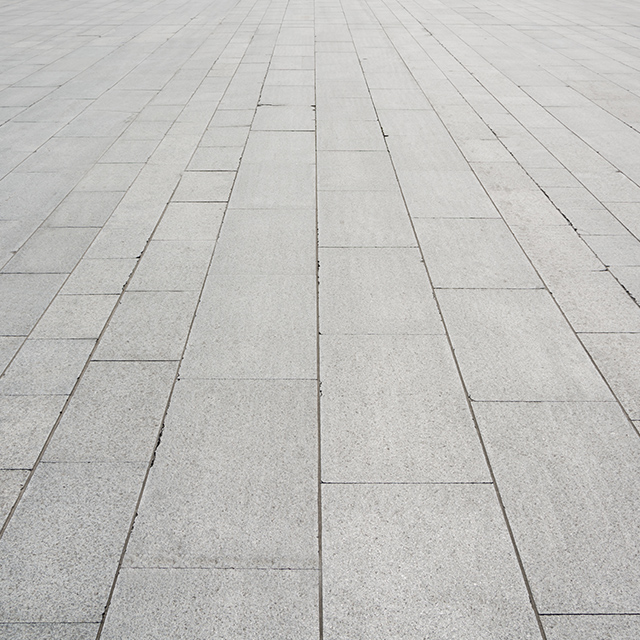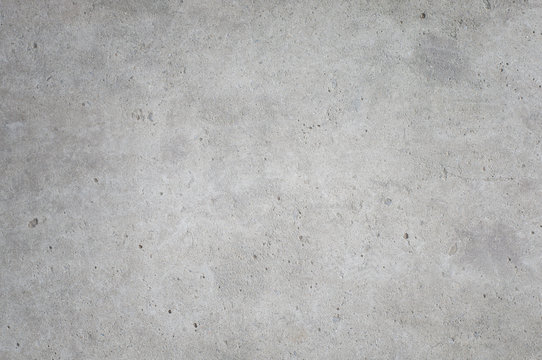Professional Concrete Setup: Transforming Your Area with Strong Foundations
Professional Concrete Setup: Transforming Your Area with Strong Foundations
Blog Article
Revealing the Eco-Friendly Advantages of Using Recycled Concrete in Sustainable Building And Construction Practices
In the world of lasting construction practices, the usage of recycled concrete stands as an essential yet often undervalued resource. Beyond its conventional applications, recycled concrete offers a myriad of environmentally friendly advantages that extend far beyond the confines of standard building and construction materials. From decreasing environmental effect to boosting cost-efficiency, the effects of integrating recycled concrete in sustainable structure techniques are significant. This functional product not only addresses pressing environmental concerns yet additionally offers a viable service to the difficulties dealt with by the building sector at large.
Ecological Advantages
By including recycled concrete into building and construction methods, there is a substantial decrease in the requirement for brand-new raw materials, leading to conservation of all-natural sources. Furthermore, the use of recycled concrete reduces the amount of waste being sent out to landfills, therefore minimizing environmental contamination and alleviating the stress on land fill capabilities (Concrete).

In comparison, recycled concrete has a lower carbon impact as it minimizes the demand for brand-new concrete production. On the whole, the environmental advantages of using recycled concrete are significant and play an important role in advertising environment-friendly construction approaches.
Cost-Efficiency
Accomplishing cost-efficiency is a paramount factor to consider when evaluating the application of recycled concrete in construction tasks. One of the vital advantages of using recycled concrete is its cost-effectiveness contrasted to typical concrete. The production of recycled concrete entails much less energy and sources as it uses existing products, reducing the total project expenses substantially. In addition, the availability of recycled concrete locally can better lower transport expenses, making it a much more affordable selection for building jobs.
Additionally, using recycled concrete can cause cost savings in landfill expenses by drawing away concrete waste from disposal websites. This not only minimizes the ecological influence but also eliminates the costs associated with waste removal. Additionally, the longevity and efficiency of recycled concrete are equivalent to standard concrete, making certain that cost savings do not jeopardize the high quality of the construction.
Sturdiness and Strength
Considering the significant cost-efficiency benefits of making use of recycled concrete, it is imperative to analyze its longevity and toughness in building applications. Recycled concrete deals similar, if not premium, longevity and toughness residential properties to standard concrete. More hints With improvements in handling techniques and quality assurance, recycled concrete can fulfill or go beyond the performance criteria of traditional concrete. The process of recycling concrete involves crushing, arranging, and screening old concrete to generate aggregates that can be made use of in new building and construction jobs. These recycled aggregates are qualified of giving satisfactory compressive toughness, sturdiness, and long-term efficiency.

Waste Reduction
When it comes to using recycled concrete, waste reduction is a key advantage that adds significantly to ecological preservation. By including recycled concrete right into building and construction tasks, this waste is repurposed and drawn away from land fills, minimizing the total ecological impact of construction tasks.
In addition, the use of recycled concrete can lead to set you back financial savings for building tasks, as it is typically extra budget friendly than sourcing and delivering brand-new materials - Concrete. In final thought, waste decrease through the use of recycled concrete is a vital element of lasting building and construction methods that profits both the building and the setting industry as a whole.
Energy Conservation
Power preservation is a vital aspect of sustainable building and construction practices, intending to lower the overall power consumption connected with structure procedures and materials production. Significant power savings are accomplished contrasted to conventional concrete manufacturing when it comes to using recycled concrete in building. The process of generating check it out recycled concrete includes reusing and crushing existing concrete products, which eats much less power than mining, handling, and transporting resources for new concrete manufacturing. In addition, the usage of recycled concrete can help decrease the demand for virgin aggregate, further decreasing the energy-intensive extraction and processing of natural resources.
Conclusion
In verdict, the application of recycled concrete in sustainable construction techniques provides numerous ecological benefits, cost-efficiency, durability, toughness, waste reduction, and power conservation. By integrating recycled concrete right into construction projects, we can add to a more lasting and eco friendly future. It is necessary for the building sector to prioritize making use of recycled materials to help in reducing the environmental impact of building activities.
One of the crucial benefits of using recycled concrete is its cost-effectiveness contrasted to traditional concrete.Furthermore, the usage of recycled concrete can lead to savings in garbage dump expenses by drawing away concrete waste from disposal sites. The toughness and efficiency of recycled concrete are comparable to conventional concrete, making sure that cost savings do not jeopardize the quality of the building.

Report this page